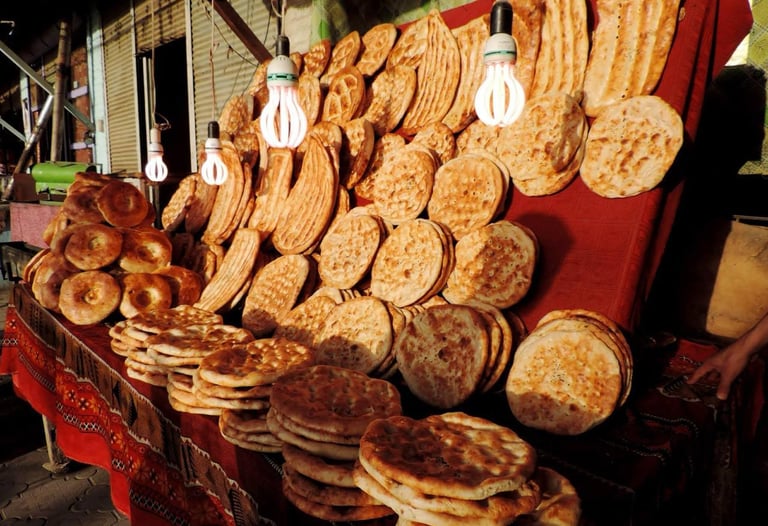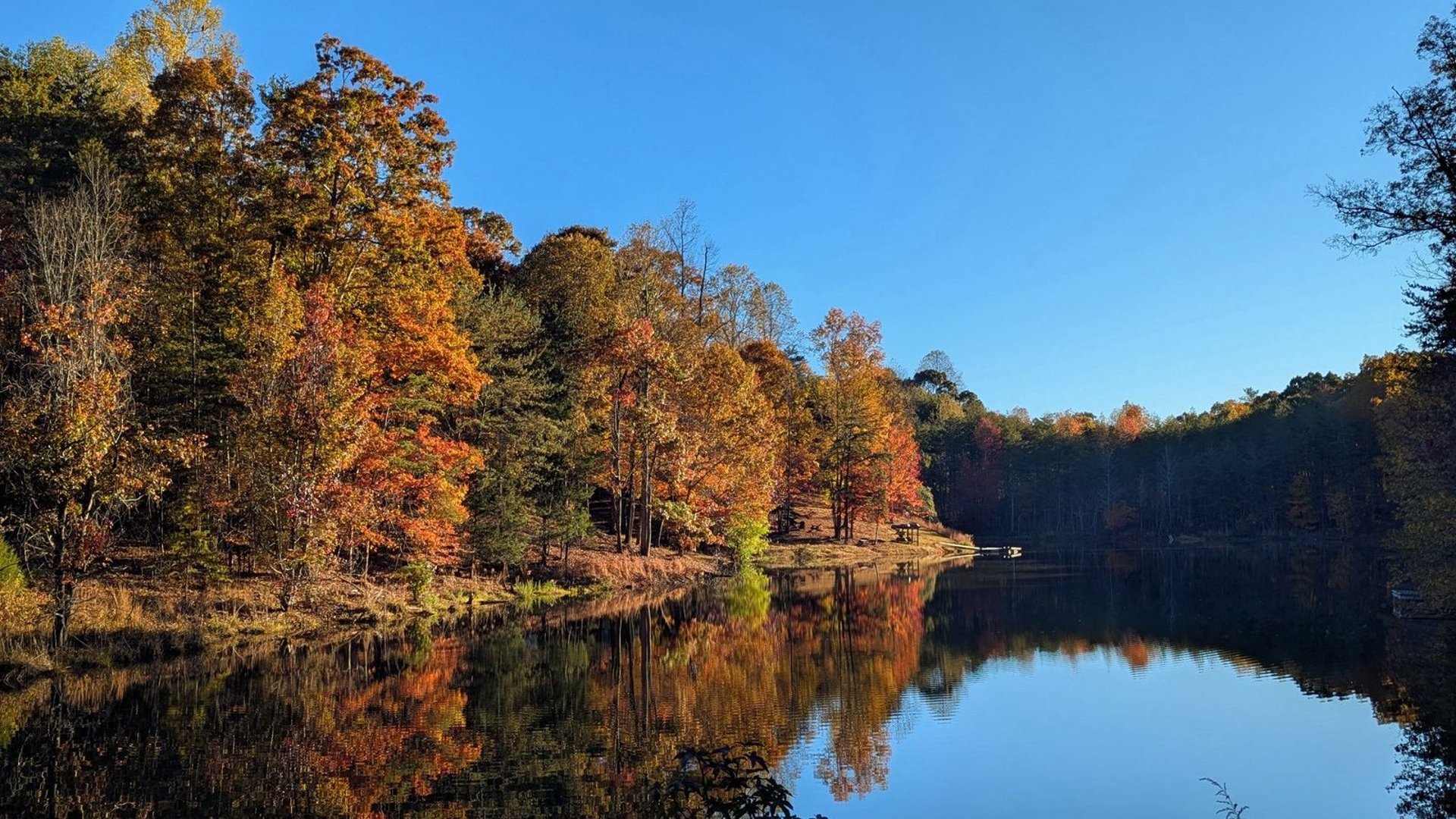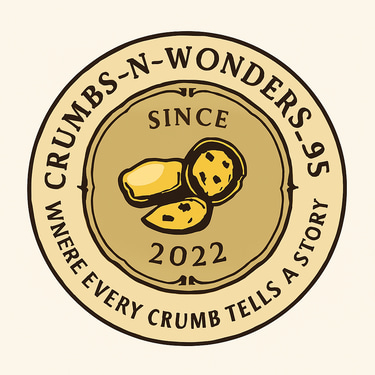Cracked Hands, Unbroken Hope
At a border overflowing with sorrow, Nikolaos’s desperation meets the Bread of Life-not through escape, but through kneading what remains.
SOJOURNER
Wandering Armenian
7/18/20252 min read


Cracked Hands, Unbroken Hope: Nikolaos and the Border That Did Not Break Him
(Set in Idomeni Camp, Greece)
Nikolaos had always thought borders were lines you crossed. Now, at the edge of Idomeni Camp in northern Greece, he knew better.
They were not just lines-they were walls, cages, waiting rooms of the soul. And he was stuck behind one, alongside thousands of others from Syria, Iraq, Eritrea, and even Afghanistan. But unlike them, Nikolaos was not fleeing. He was returning—but to what, he was not sure.
He had once worked for a faith-based humanitarian group, coordinating logistics during the initial refugee influx of 2015. He had moved between ferry ports, border towns, and makeshift clinics. He had organized food distributions and translated for frightened families. It had been exhausting-but deeply meaningful.
Then came the closures. The fatigue. The political change. One by one, the organizations folded or pulled out. Funds ran dry. And Nikolaos, a Greek citizen of mixed heritage, was left behind—no longer with a role, no longer with purpose, and unable to reintegrate into a country crushed by austerity and unemployment.
He ended up at Idomeni-not as staff, but as someone who had nowhere else to go.
He helped where he could. He cleaned, translated, carried firewood, mediated fights. But at night, under the tarpaulin that served as his roof, he stared at the stars and prayed the kind of prayer only the desperate know.
“Lord,” he whispered one night, remembering Lazarus, “You raised the dead. Can You raise the forgotten?”
He had nothing left of his former life-except for his hands. They were still strong. Calloused from years of lifting, building, and feeding. They were cracked now from cold and soap, but unbroken.
That winter, a Kurdish mother whose child had been sick for days collapsed in grief near the camp’s shared firepit. Nikolaos, not knowing what to say, offered her bread-flat, burnt at the edges, made from the donated flour he had begun baking with again just to keep his mind sane. She took it, tore off a piece, and sobbed.
Word spread. Soon, people came to him with tins, bowls, scraps of yeast. He began instructing kids and teens to bake over the campfire. Some days, the only warmth in camp came from that fire-and the laughter it drew.
One day, a Swiss volunteer handed him an envelope. Inside was a note: “We are starting a new skills project in Thessaloniki. They need someone who knows food, logistics, and people. You came highly recommended.”
Nikolaos froze. It was not a miracle-not the dramatic kind. The borders were still closed. The camp was still there. But something in him had opened. A calling rekindled. A Lazarus moment.
As he packed his few belongings’ days later, a young boy handed him a piece of still-warm bread shaped like a heart. Nikolaos wept.
He remembered Jesus’ words to Martha:
“I am the resurrection and the life.”
And suddenly, he understood.
Resurrection did not always come with trumpets or thunder. Sometimes it came with cracked hands, burned bread, and a border that did not break him.
Because the Bread of Life had found him. And that was enough.

